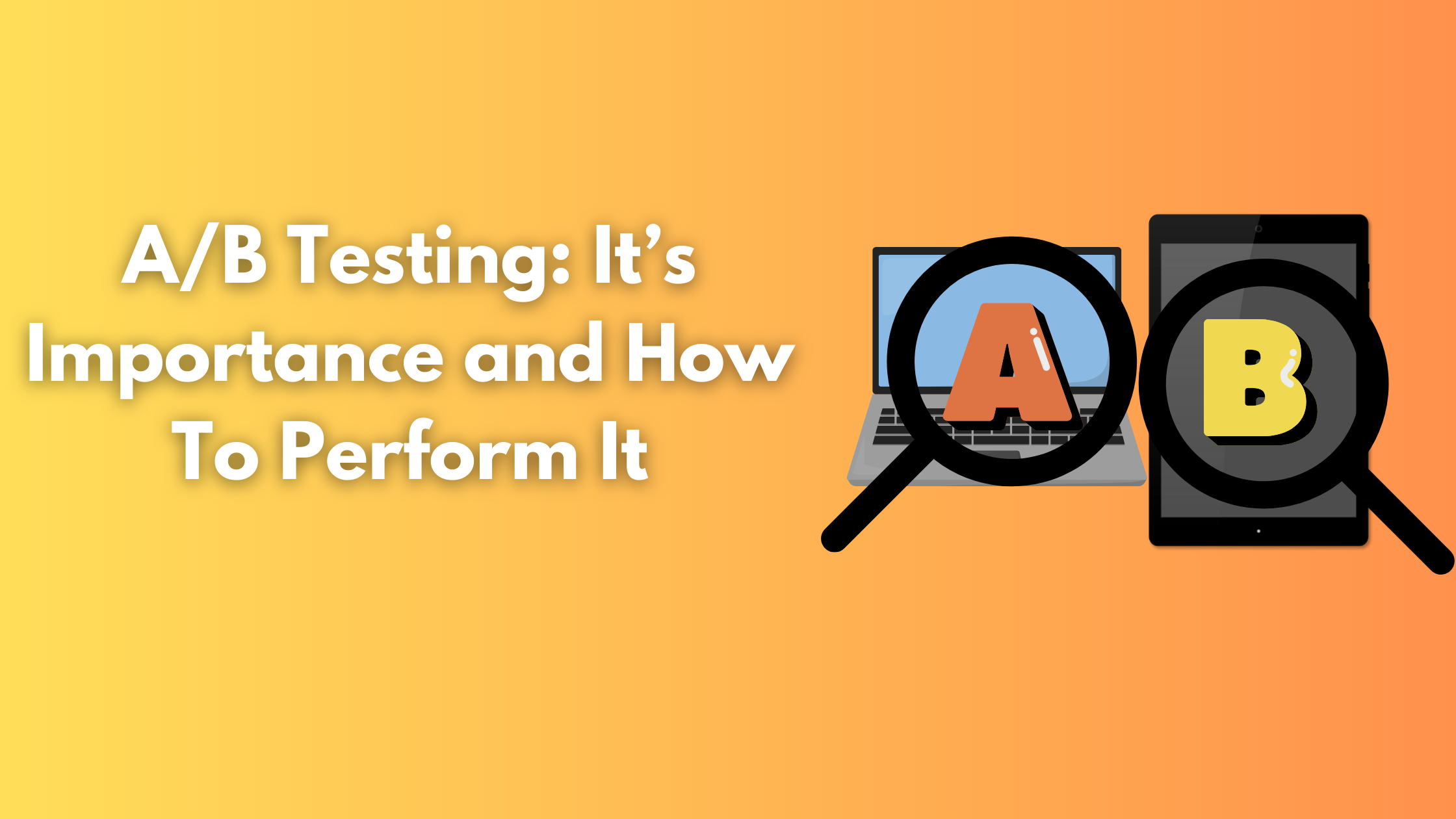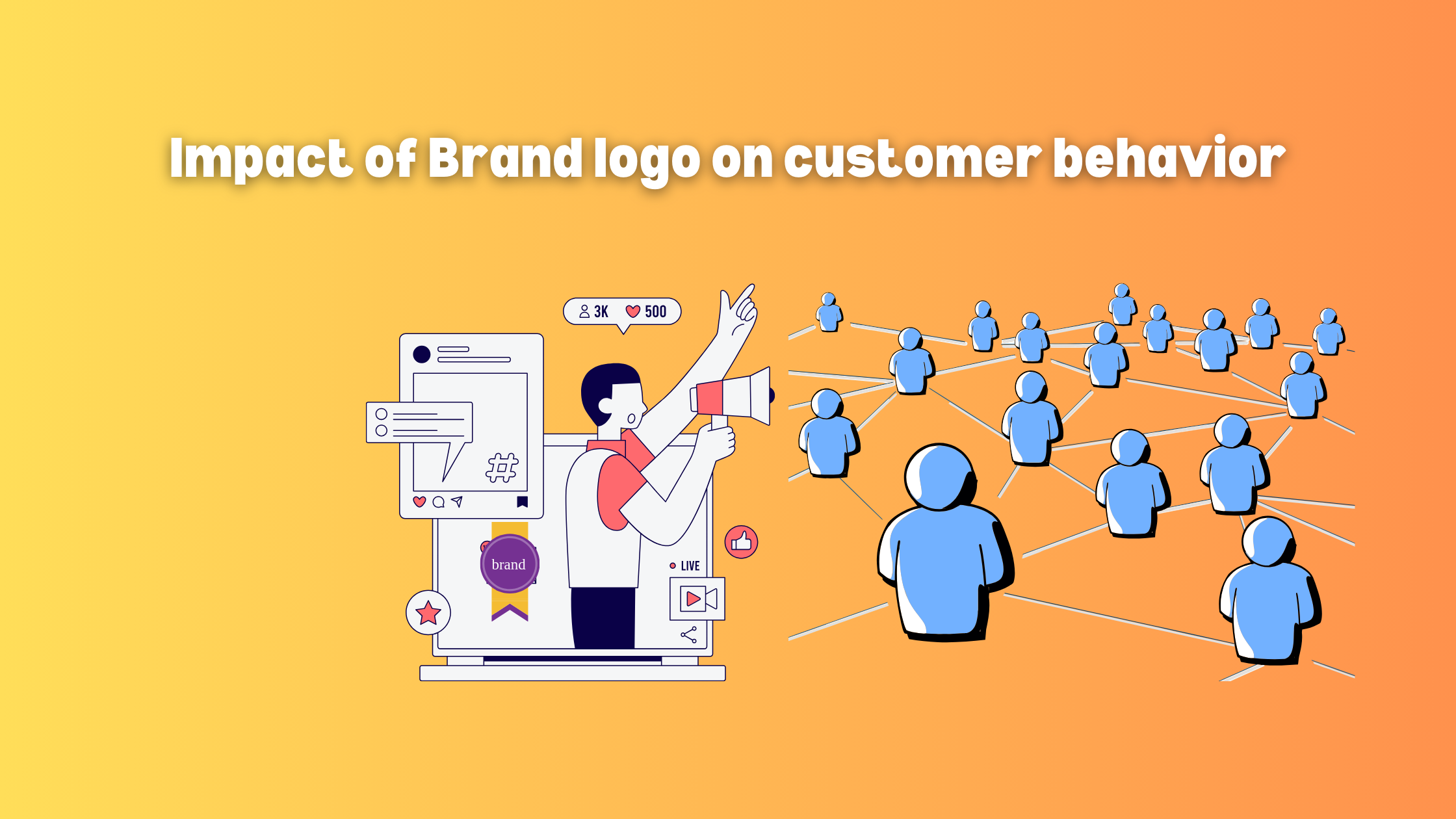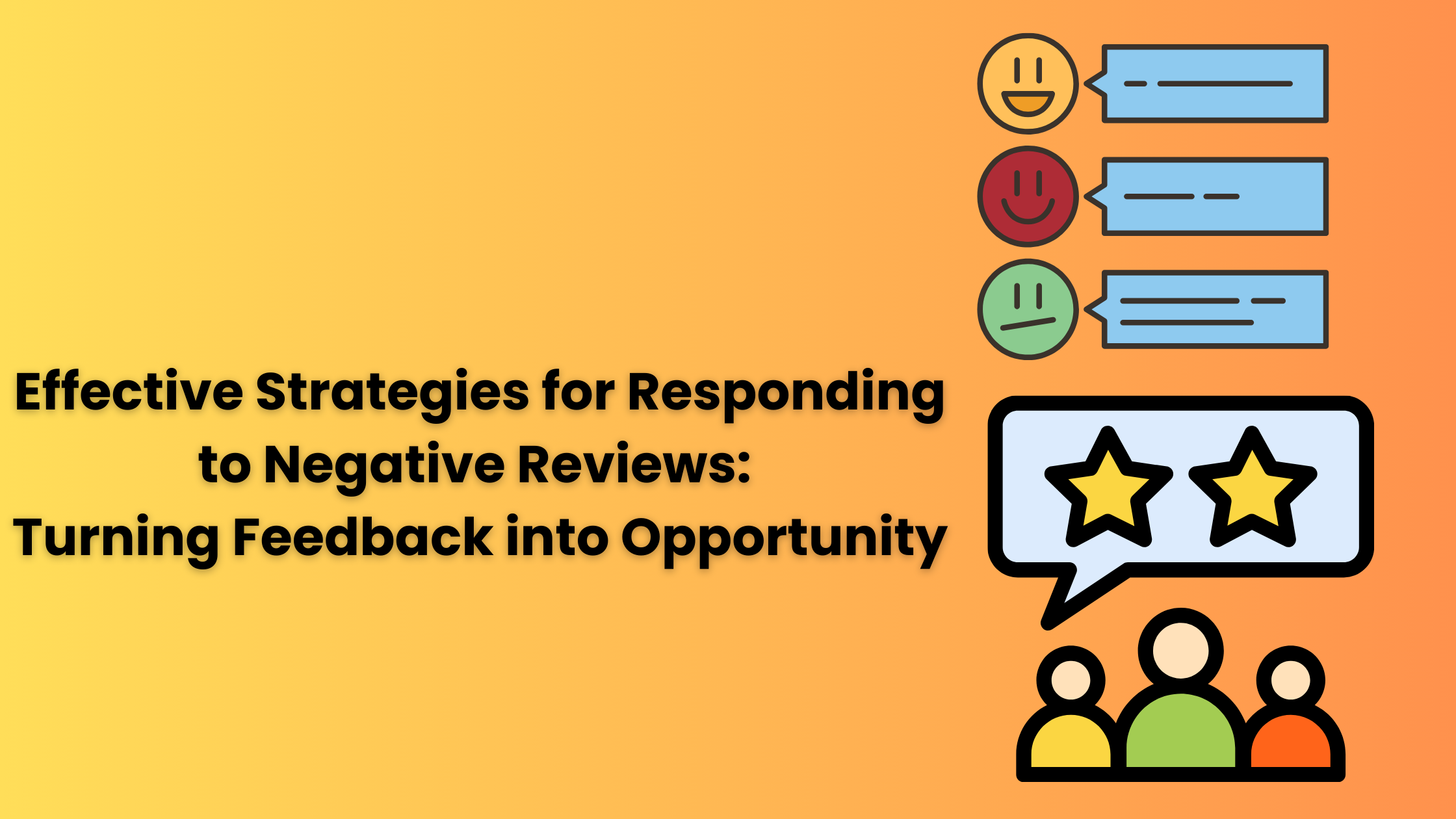
Every online business wants to increase its online visibility. They focus on enhancing their content. However, they often forget that highly engaging, relevant, and valuable content can get lost in this competitive digital world without an effective strategy.
To highlight your content and to target relevant audiences you must work on keyword research. Keyword research is an integral part of search engine optimization (SEO) and digital marketing.
In this article, we’ll learn what keyword research is, its process, and how to track its performance.
What is Keyword Research?
Keyword research helps in identifying and analyzing specific phrases and words that users can use while searching for information, products, or services on search engines such as Google, Yahoo, etc.
It helps in understanding what users are searching for and what words and phrases they use. It also helps in understanding the user intent behind those search queries.
When your content aligns with what users are searching for, search engines will likely display your webpage on search engine results pages, which helps increase your website’s visibility and presence. For example, a user searching for “best laptop” intends to buy it, while someone searching for “how to use a laptop” intends to learn more about the laptop.
However, due to high competition, chances are your content will be lost. To overcome this you must use specific keywords in your content that align with the user intent and have low competition. Also, avoid keyword stuffing, and use relevant keywords that naturally fit your content. You can use the keyword in the meta description, title, headings, etc for better results.
Keyword research helps in attracting relevant target audiences and increases online visibility. By using relevant keywords, search engines like Google understand its relevance to specific search queries and display it to relevant audiences. To boost your keyword research you must also create high-quality content that is relevant to your target audience. It helps in providing relevant information to users which increases search engine ranking and builds trust and credibility. Studying keywords also helps in identifying the opportunities that your competitors have lost. It helps in filling the gap and takes advantage of that opportunity.
It helps in understanding the strategy of the competitors. In online ads like Google Ads, keyword research is important. It lets you select keywords to target with your ads. By bidding on the relevant keyword, you optimize your ad budget and reach potential customers.
What is the Keyword Research Process?

Let’s learn what the keyword research process is.
- Niche: The first step in keyword research is to find your niche. If you’re writing a blog about web series and movies, your niche is a broad category of entertainment. To add more focus, you can select a genre it, for example, comedy movies. This niche will narrow your focus and provide context for further research. It helps in understanding the purpose of your content and target audience.
- Brainstorming: Find seed keywords in this stage. Seed Keywords are fundamental keywords that represent a particular subject’s core or niche. It is the starting point of keyword research, from which a broader list of related and specific keywords can be created. It works as an inspiration for the following keyword research process. So ideally don’t spend a large amount of time on it. Be quick in your selection and once you have a good amount of ideas related to your niche you can move ahead.
- Research Tools: The most simple and easy way of finding a keyword is through a keyword research tool. Tools such as Google Keyword Planner, SEMrush, etc can help in finding relevant keywords for your content. All you have to do is add the seed keyword and it will generate keyword suggestions from their database. You can use Google Keyword Planner to find relevant keywords for your Google Ads.
- Analyze: Keyword Research not only includes finding relevant keywords but also analyzing keyword metrics. There are three most important metrics, monthly search volume, competition, and cost per click (CPC). Monthly search volume helps in understanding how many times a keyword has been searched for in a given period. It shows the level of interest and demand for that keyword. High search volume indicates high competition but offers high traffic. Competition metric measures the level of competition between marketers and businesses for a specific keyword. It ranges from low to high. High competition indicates numerous websites are trying for that keyword hence it will be hard to rank in it. Cost Per Click is relevant when you are running paid advertisements. It shows the amount a marketer is willing to pay for a single click on their ad whenever a specific keyword is triggered. A high CPC indicates more competition but can yield more ROI if you’re running a successful campaign.
- Competitor: Identify your competitors in your niche. Once you have done that, study their keyword strategy. Study the keywords they target and how they use it. Notice which keywords yield more traffic to them.
- Trends: Other than studying the search volume and competition, you must notice the seasonality and trends. Stay up-to-date with trends so that you can create relevant content that connects with your target audience. Similarly many keywords face seasonal fluctuations such as winter-related keywords see a surge in searches during the winter season. It lets you create a clear and optimized strategy.
How to Track the Performance of SEO Keywords

Tracking keywords is important for knowing the performance and visibility of your website. You can use tools like Google Search Console. It lets you know the performance of your keyword, check ranking changes, and identify opportunities. To track keywords in Google Search Console, navigate to the left-hand menu and click performance. In the performance report, you can see various data such as total clicks, total impressions, etc. This data will help you understand how your website is performing on Google results. To track keywords, click on the queries tab under the performance report. It will show you the list of keywords that users have used to find your website.
In this competitive digital world, keyword research provides a direction in your strategy. Keyword research helps in understanding the user intent and target audience. From understanding user intent to selecting ideal short-tail and long-tail keywords will build the stepping stone for your success. However, it’s an ongoing process, where you should regularly monitor your keywords,and analyze trends and seasonal fluctuations. If you’re still stuck or find it difficult to select relevant keywords, Lumia 360 is here to help you. We offer digital solutions to our clients such as selecting relevant keywords, forming an effective strategy, etc which have enhanced their search engine rankings. To more know about our services, email us at info@lumia360.com or call us at 514-668-5599
Read Also: The Art of Asking For Reviews
Read Also: How to Measure the ROI of Your Social Media Marketing Efforts



















































































